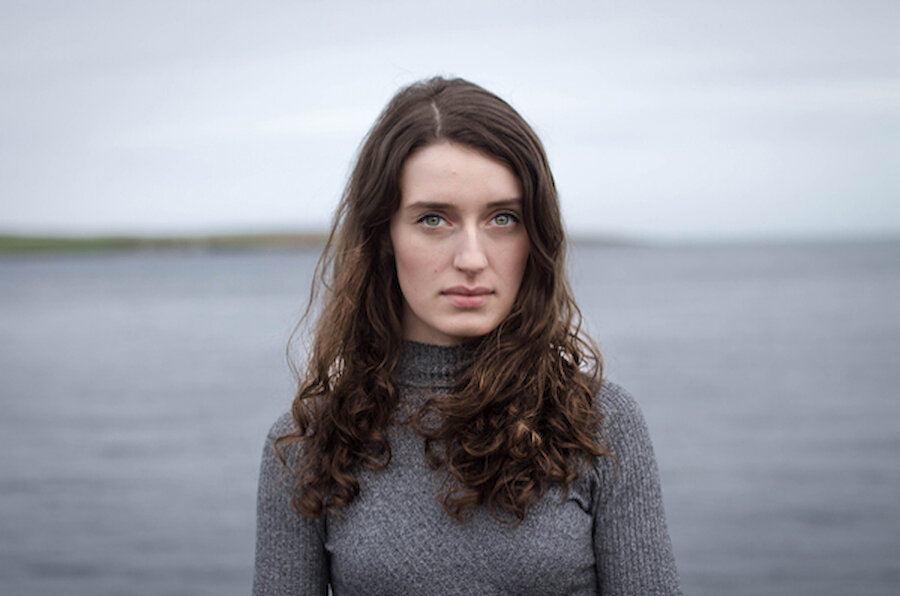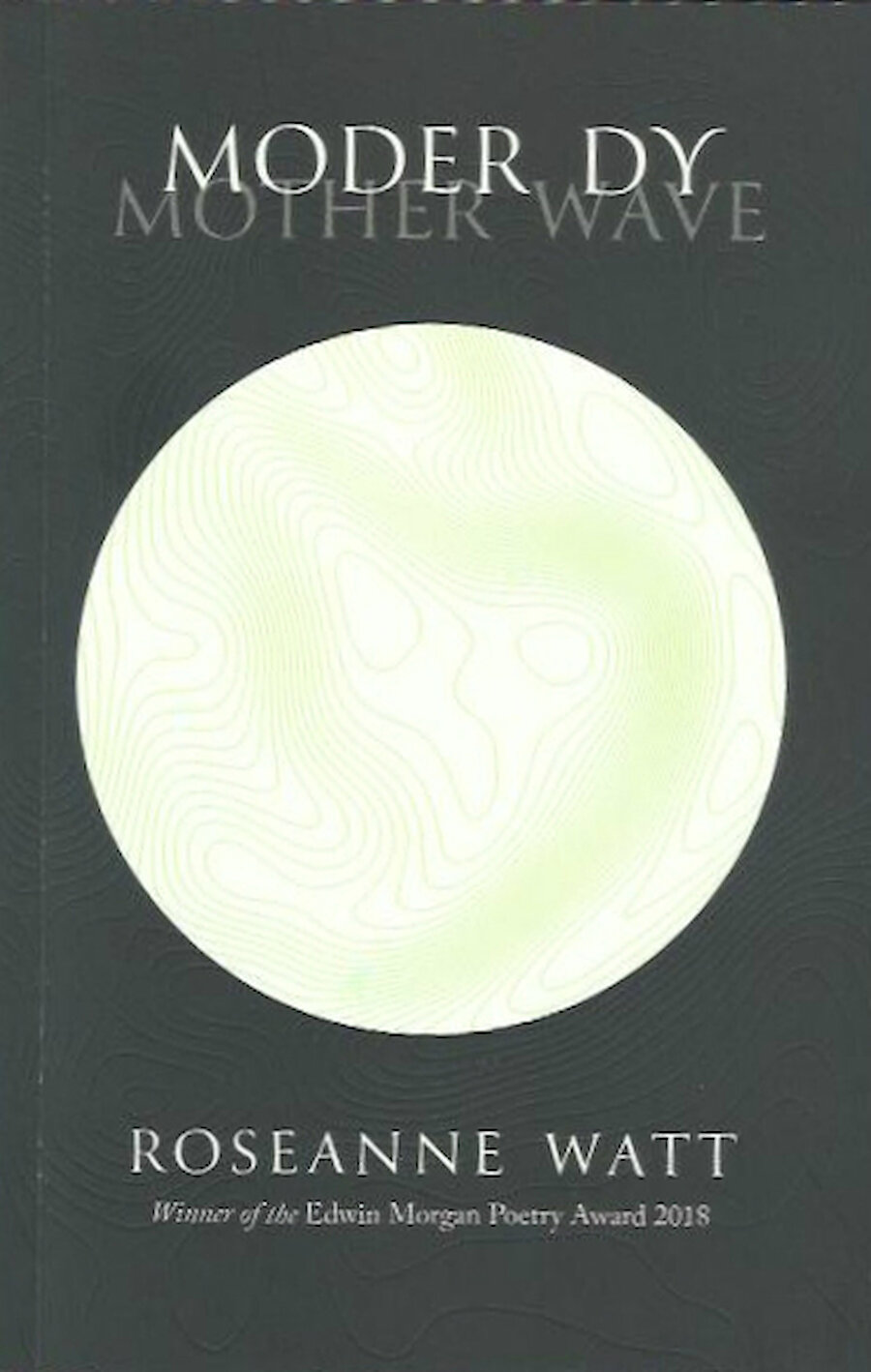Roseanne Watt recently launched her new collection of poetry at a well-attended event in Mareel, the arts centre in Lerwick. It has already won praise from many reviewers.
These days, Roseanne lives and works in Edinburgh and she’ll be appearing alongside South Uist poet Niall Campbell at this year’s Edinburgh Book Festival, just under a year after she picked up the Edwin Morgan Poetry Prize at the same event. Nor was that the first recognition of her work: she won the 2015 Outspoken Poetry Prize (Poetry in Film) and was runner-up for the 2018 Aesthetica Creative Writing Award.


